China has stepped up diplomatic efforts to rein in the conflict between Iran and Israel, with Foreign Minister Wang Yi holding phone conversations with his counterparts in Iran and Saudi Arabia, and pledging that Beijing will work to prevent the regional security environment from deteriorating.
The phone calls were made on Monday evening, a day after Iran launched drones and missiles targeting Israel, which Teheran said was in retaliation for an airstrike on April 1 that hit an Iranian diplomatic building in the Syrian capital of Damascus.
During the phone talks, Wang emphasized that the current escalation of tension in the Middle East is the latest spillover effect of the Gaza conflict, and the top priorities include immediately realizing an unconditional and lasting cease-fire, effectively protecting civilians and ensuring the uninterrupted flow of humanitarian assistance.
China believes that Iran can handle the situation well and spare the region further turmoil, while safeguarding its own sovereignty and dignity, Wang told Iranian Foreign Minister Hossein Amir-Abdollahian.
He appreciated Iran's emphasis on not targeting regional and neighboring countries as well as its reiteration on continuously pursuing a good-neighborly and friendly policy.
Amir-Abdollahian briefed Wang on Iran's position, saying that the United Nations Security Council did not make a necessary response to the Israeli attack, and that Iran has the right to self-defense in response to the violation of its sovereignty.
Noting that the current situation in the region is very sensitive, Amir-Abdollahian said that Iran is willing to exercise restraint and has no intention of further escalating the situation.
When speaking with Saudi Foreign Minister Faisal bin Farhan Al Saud, Wang said that Beijing appreciates Riyadh's emphasis on resolving issues through diplomatic means, adding that China is willing to work together with Saudi Arabia to avoid further escalation of confrontation.
Faisal told Wang that Saudi Arabia expects China to play an active and important role in upholding regional peace and stability, adding that his country is willing to strengthen communication and coordination with China to promote an immediate and unconditional cease-fire in Gaza as well as start the implementation of the two-state solution.
Also on Monday, Zhai Jun, special envoy of the Chinese government on the Middle East issue, met with Israeli Ambassador to China Irit Ben-Abba Vitale, hours before Wang's phone talks with the foreign ministers of Iran and Saudi Arabia.
Liu Zhongmin, a professor of Middle East studies at Shanghai International Studies University, said that China seeks to maintain communication and coordination with relevant parties that can play their roles in the region and around the globe to jointly cool down the current tension in the Middle East.
The recent confrontation between Iran and Israel comes amid the unresolved long-standing differences between the two nations, and an escalation of the conflict will negatively impact the Middle East situation, he said.
Liu said the spillover effects of the Gaza conflict are being felt in various directions, including the Red Sea, Lebanon, Syria, Iraq and the Persian Gulf region. Any further escalation of tension between Iran and Israel will undoubtedly affect stability in the Gulf, he added.
Since China appointed a special envoy on the Middle East issue in 2002, it has been striving to play a constructive role in promoting peace talks on many regional hot spot issues, such as the situations in Syria and Iraq as well as the Israeli-Palestinian conflict, the professor said.
China's mediation of a landmark agreement last year to restore diplomatic relations between Iran and Saudi Arabia is a highlight of its diplomatic efforts in the region, Liu said.
Through communication with Saudi Arabia, a country that is capable of exerting influence on both the United States and Israel, China is playing a constructive role and making contributions to maintain security and stability in the Middle East, especially in the Gulf region, he added.








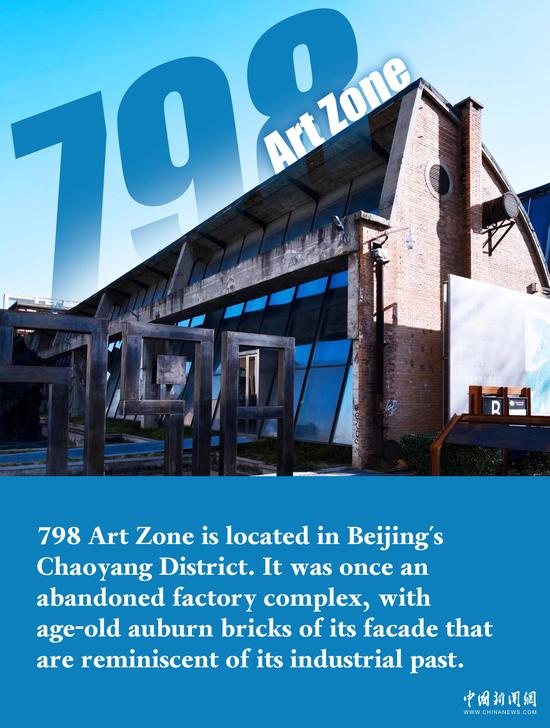


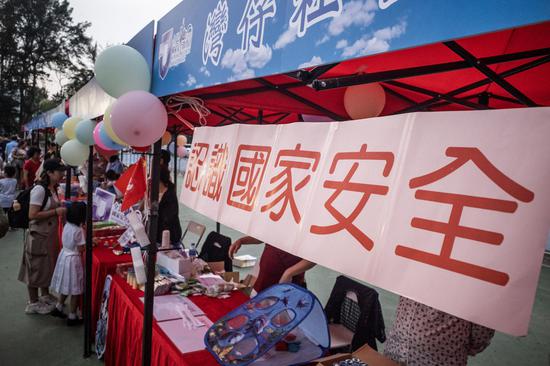
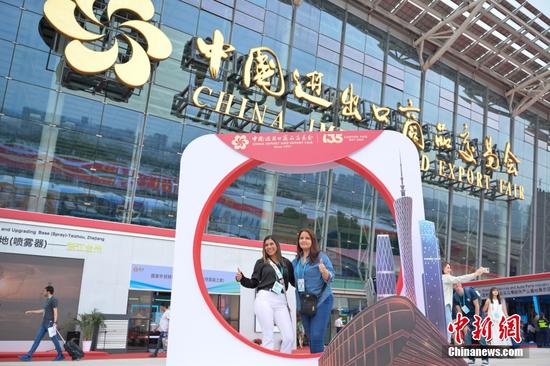

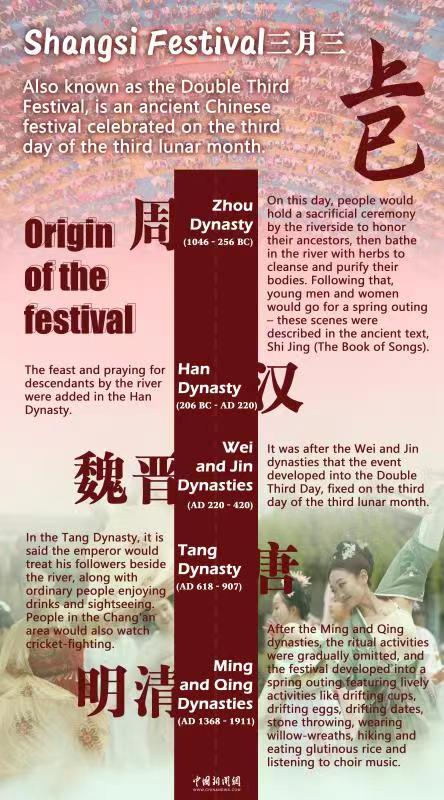
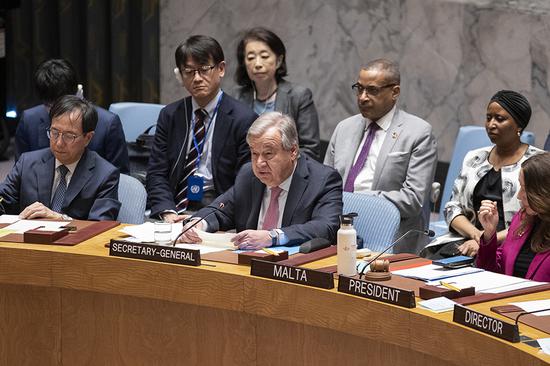

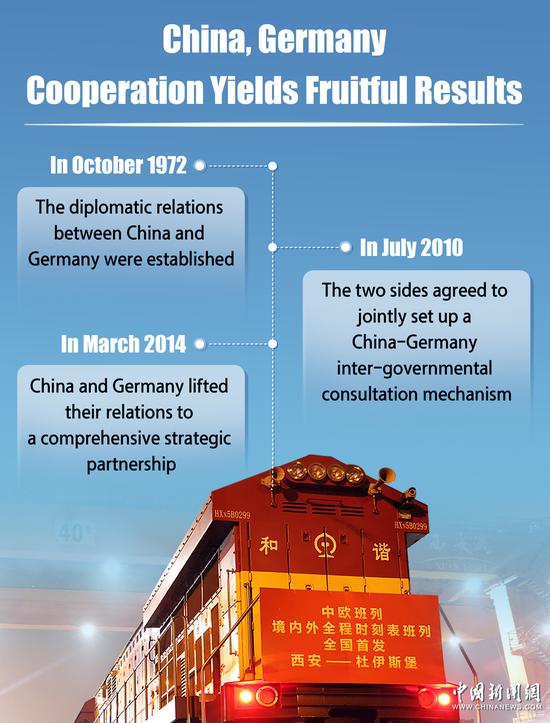

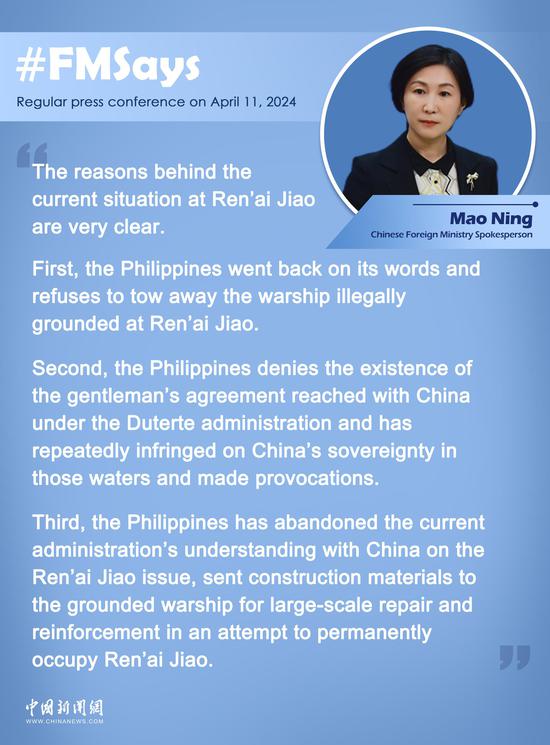

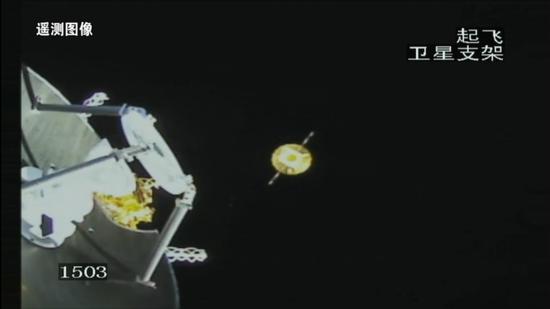
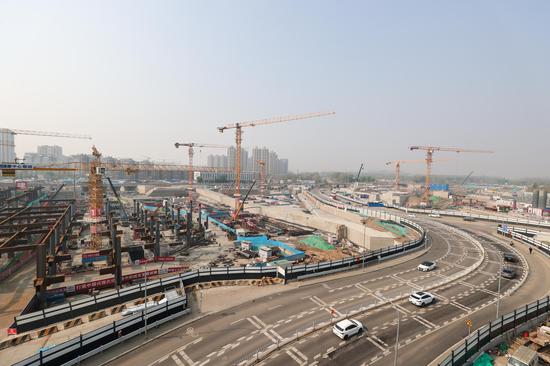


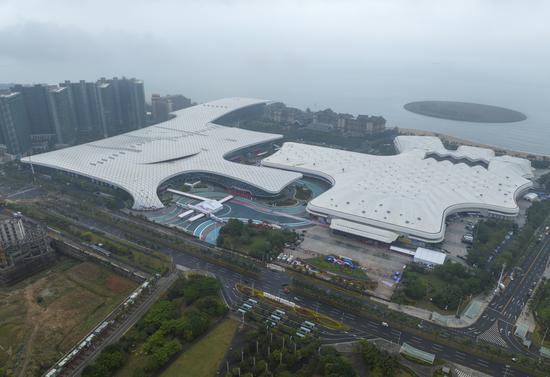


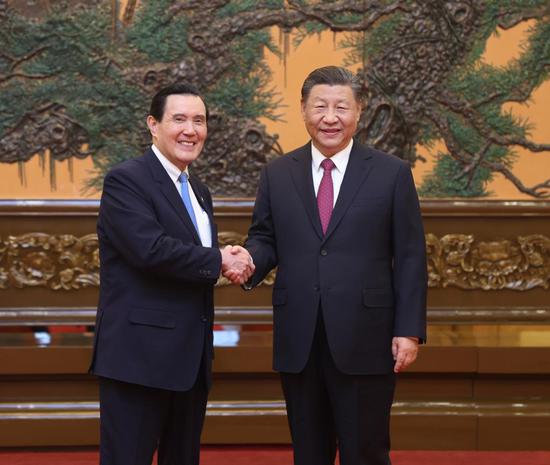

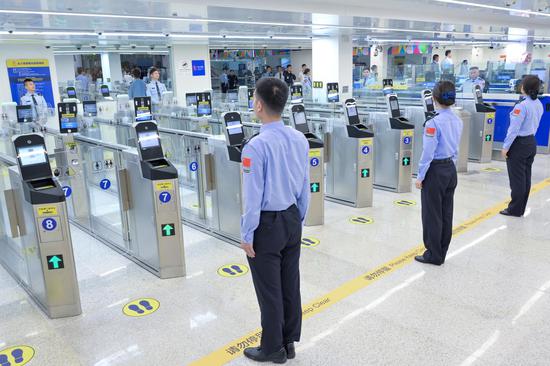
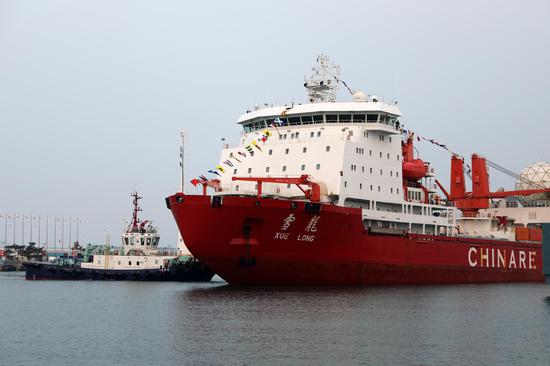










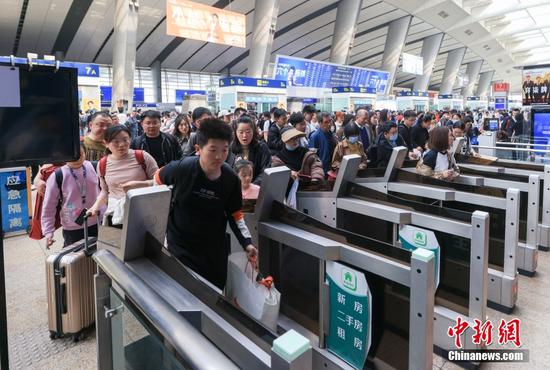



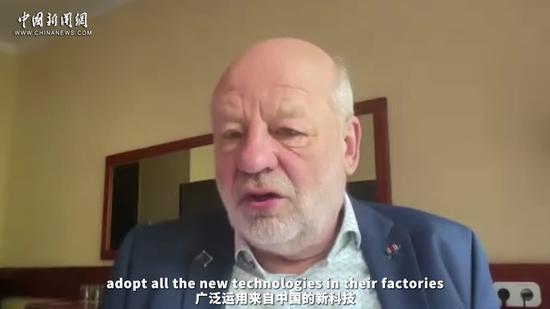



 京公网安备 11010202009201号
京公网安备 11010202009201号